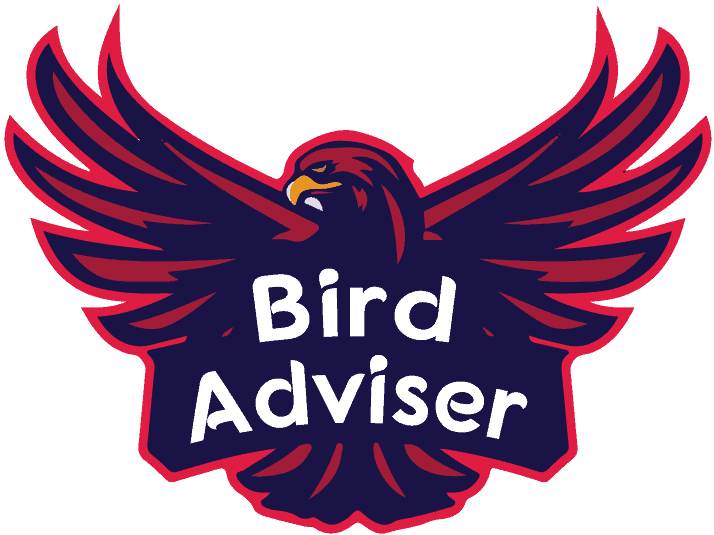To put it simply, hummingbirds consume a lot. They need to consume half their body weight each day to keep up with their high metabolic rate.
Hummingbirds get the grit they need to digest nectar, insects, tree sap, pollen, fruit, etc.
As is often known, hummingbirds feed on nectar. It provides them with the energy and hydration they need to go about their daily routines.
The wide variety of foods that hummingbirds eat may surprise you.
This article will cover everything you need to know about Hummingbird’s diet and what do hummingbirds eat?
Hummingbird Diet
There are now 361 recognized species that belong to the family Trochilidae, which includes hummingbirds.
Hummingbirds are the tiniest birds in the world, and the Bee hummingbird weighs only about 1.8 grams on average.
Hummingbirds are well known for their dainty appearance, as well as their typically bright and colorful feathers.
Hummingbirds, being such little birds, must have a very specific diet in order to survive; thus, what do hummingbirds eat?
Although nectar is their primary source of nutrition, hummingbirds, like other birds, also need protein, which they get predominantly from insects. Although nectar is their primary source of nutrition, this does not tell the entire picture.
In fact, according to the findings of comprehensive research that examined the diets of 140 species of tropical hummingbirds, up to 79% of the birds devoured arthropods such as flies, gnats, mosquitoes, spiders, and aphids.
The diets of hummingbirds are more variable than was formerly believed by many ornithologists, and several species are skilled aviators and hunters.
However, nectar does make up a significant portion of their diet and supplies the hummingbird’s incredibly high metabolic rate with the energy it needs to function.
Hummingbirds have a heart rate that can reach up to 1,260 beats/minute, and their wings can flap up to 80 times every single second.
Hummingbird’s Favorite Foods
1. Hummingbird Nectar
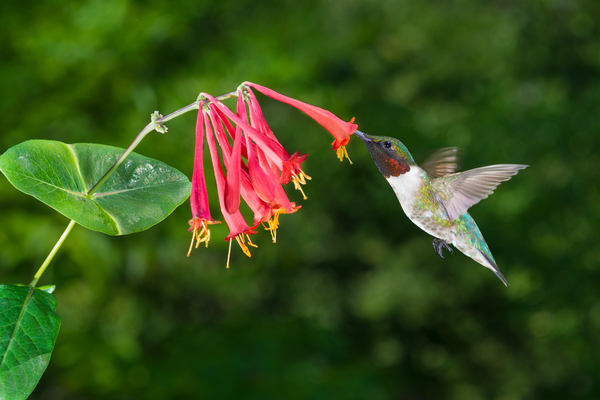
Hummingbirds get the majority of their nutrition from nectar, which may come from certain flowers or even from sugar water solutions. Nectar is both plentiful and attractive.
Hummingbirds are able to maintain their high metabolic rate, rapid flight, and active lifestyles because of the significant quantity of sugar that is present in nectar.
Since nectar is a solution, it also provides the birds with the water they need, and hummingbirds don’t even normally drink from other sources of water.
However, nectar doesn’t really satisfy the requirements that hummingbirds get for amino acids, protein, and various minerals and vitamins.
Thus, in order to maintain a well-balanced and nutritious diet, they must consume other foods.
Be sure to stick to the instructions while you’re making hummingbird nectar. Combine one cup of sugar (pure white sugar) and four cups of water in a mixing bowl and stir till the sugar is dissolved.
It is imperative that no color or other ingredients be included in the mixture at any point. You might save any leftover sugar water inside the freezer to put into the feeder within the next couple of days if there is any.
2. Insects of a Smaller Size
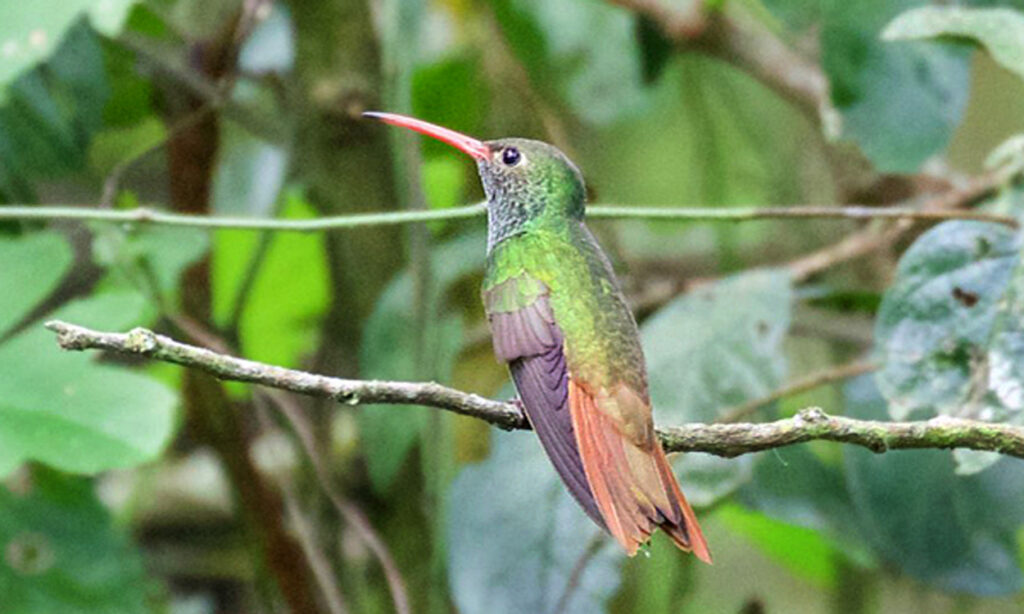
Hummingbirds receive the sufficient amount of protein they need from their diet by feeding on tiny insects such as insect eggs, insect larvae, and even spiders.
Consuming just honey will not give the birds the essential fats and nutrients they need; thus, they must consume insects.
Hummingbirds are quite resourceful in their search for food and may hunt for flies on flowers, beneath loose bark, or in other types of vegetation. They may even steal insects from a spider’s web, and they are often seen just snatching flying bugs out of the air.
Adult hummingbirds will consume many dozens of insects on a daily basis while they are not foraging for nectar. On the other hand, this risk is amplified when a bird is either caring for its young or traveling great distances.
However, it is noteworthy to mention that hummingbirds will not consume mealworms that are placed in a feeder for them.
Therefore, you must take steps to attract wild insects to your yard in order to provide hummers that visit with a satisfying meal when they do arrive.
3. Ripe Fruit
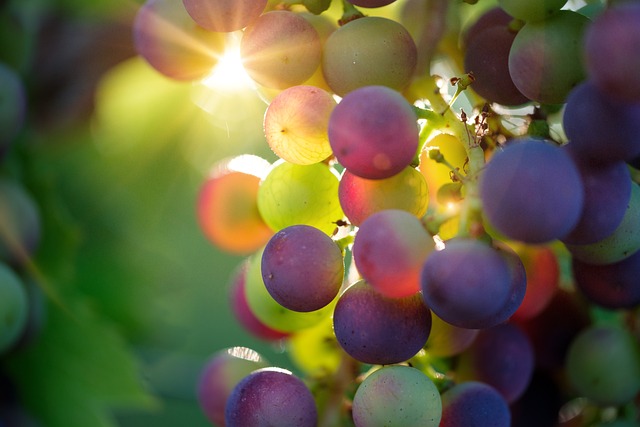
Hummingbirds like drinking the juice of ripe, soft fruits very much since they have a sweet tooth and enjoy eating anything sweet. This is particularly the case if the fruit is beyond its peak of ripeness or if it has been nibbled on by other birds in the past.
When you put sweet fruit out in the backyard, it will entice insects, but it will also bring people. This is wonderful for the hummers since it provides an easy supply of food for them.
To make matters even better, the fruit should be crimson. Hummingbirds, as most people are aware, are especially drawn to the color red. This is a well-established fact.
4. Tree Sap
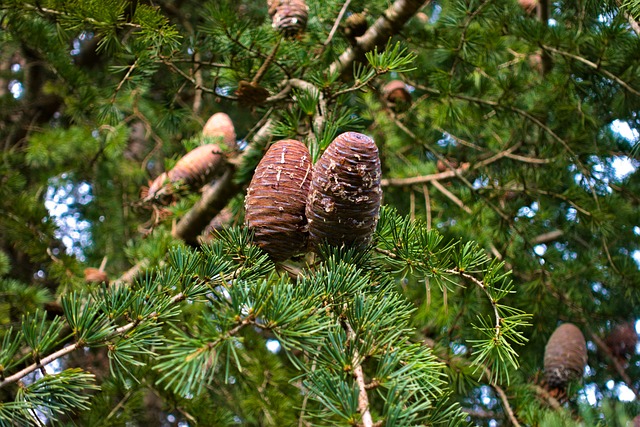
In the event that no other kind of nectar is present, hummingbirds may resort to consuming the sap that is produced by trees as a substitute for nectar. Even while this sap is not quite as delicious as nectar, it is still able to give the hummers sufficient energy to carry them all day long.
Keeping an eye out for the holes that are bored into the trunks of the trees by woodpeckers is a good idea if you’ve got those pests in your garden. There is a possibility that you may observe a hummingbird sipping nectar from it.
You’ll also see hummers scavenging for food in the sap, which has solidified as it trickled down the trunk of the tree. This secretion has the ability to remain sticky for a considerable amount of time, and insects will become adhered to it.
Hummingbirds will find this to be an easy-picking situation.
5. Grit In The Form Of Ash And Sand
In order to properly digest the bugs they consume, hummingbirds need a minute quantity of grit. In most cases, they like extremely fine ash, sand, or even exceptionally fine gravel as their bedding material.
In addition to this, the grit supplies the birds with additional minerals, all of which are essential to the diet that they maintain.
Consider placing a little dish with some grit next to the feeders in the backyard in order to be helpful to the hummingbirds who stop by.
You’ll discover that a variety of other birds will take pleasure in it as well.
6. Pollen
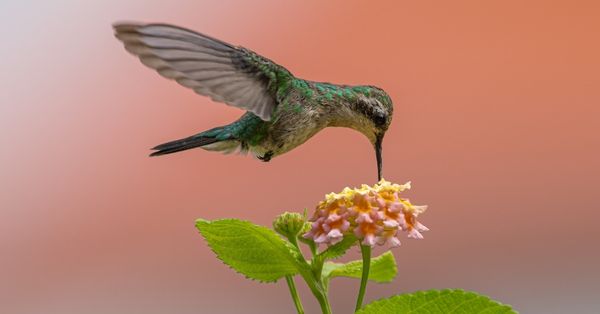
Pollen is not something that hummingbirds eat on a regular basis, although they do eat it while they are feeding on nectar from flowers. It’s possible that this will provide a little bit of additional protein to the diet of the hummers.
However, birds typically only digest around 10 percent of the total amount of pollen that they take in.
Check out this Best Hummingbird Food Recipe without Boiling.
Conclusion
Nothing is more satisfying than watching hummingbirds replenish their strength by fluttering from flower to flower when they linger about your feeders.
The most effective strategy for luring even more of them toward your own garden is to provide them with a wide choice of tasty food options for them to enjoy.
Therefore, the best way to ensure that these pleasant guests will continue to return year after year is to abstain from applying pesticides and plant many flowers that produce nectar.
You will not only get to take pleasure in their antics, but you’ll also be assisting in strengthening them so that they may persist on their lengthy migrations.
FAQ
What kind of food does a hummingbird like to eat?
Since hummingbirds consume mostly nectar, the sweet liquid secreted by flowers is their preferred source of nutrition.
What may be preventing hummingbirds from drinking from my feeder?
There are several possible explanations for this. These include the possibility that you are using the incorrect formula for the nectar, that your feeders are still not located in an ideal area, or that the wrong season is now underway.
Do hummingbirds consume any kind of fruit?
Hummingbirds, in particular, appreciate the sweetness of fruit, and they will gladly sip the juice of whatever fruit they can get their beaks on.
How often should the sugar water for hummingbirds be changed?
You need to replace this on a regular basis, regardless of whether the feeder still has food in it. When the temperature outside is high, it is imperative that the sugar water be replaced every 48 hours.
Last Updated on March 22, 2023 by Lily Aldrin
